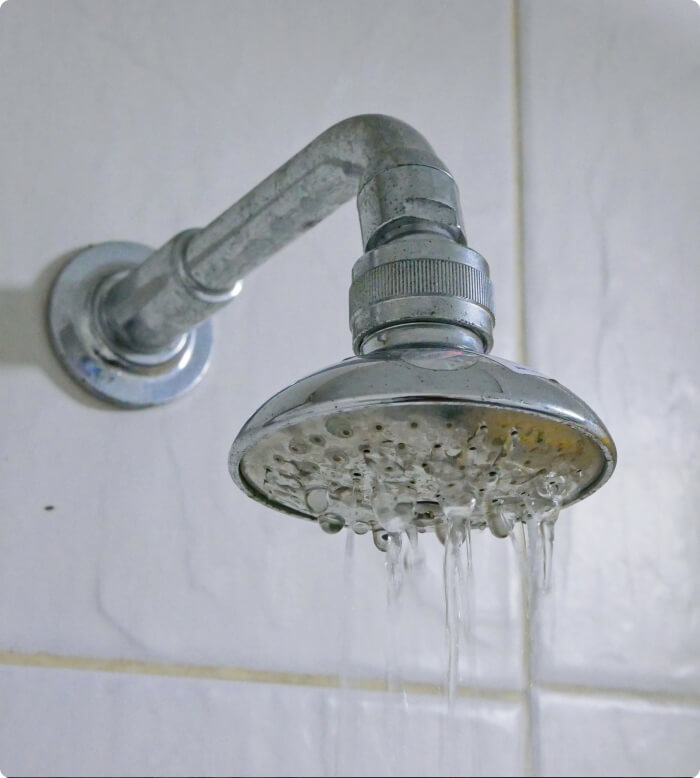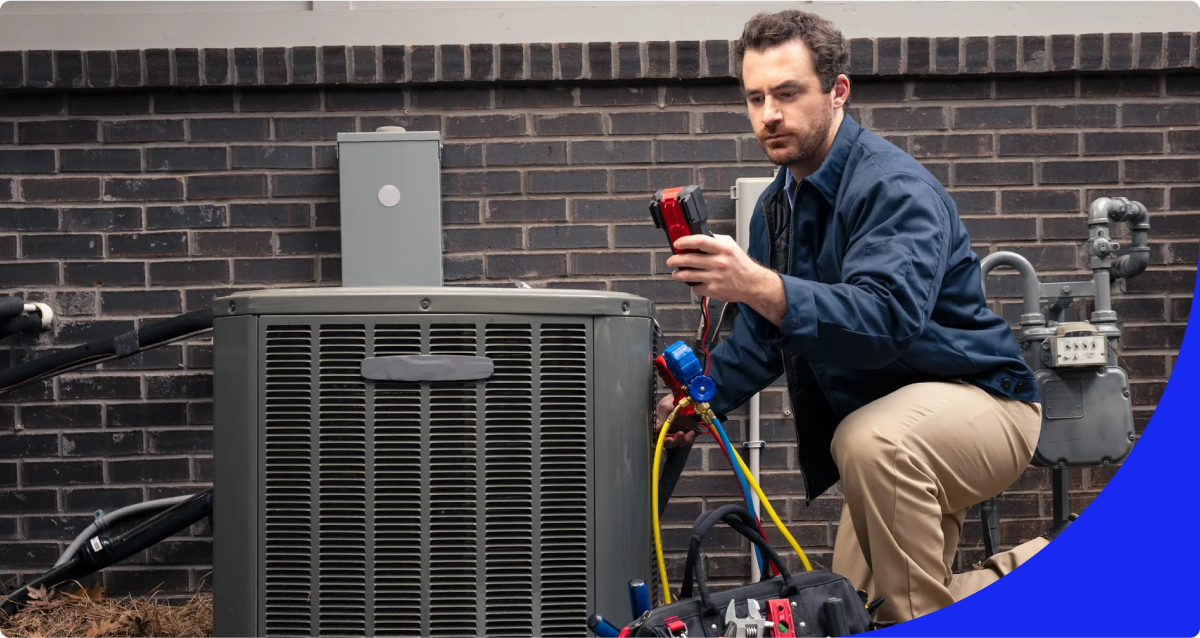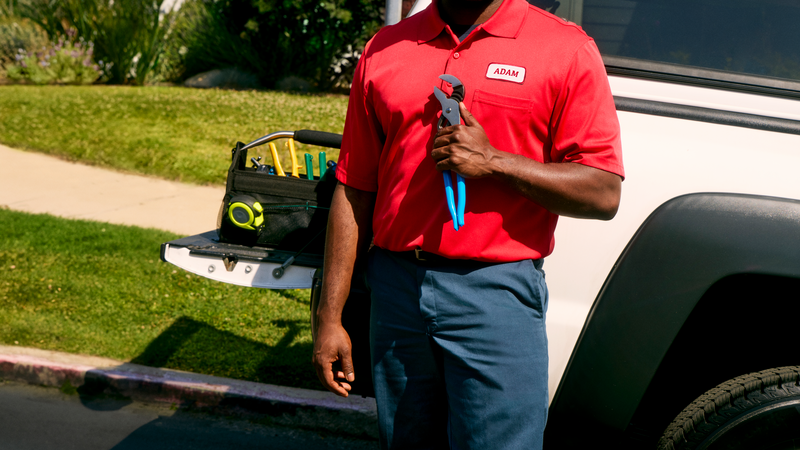Enjoy special savings, and let us handle covered home hassles.
Sinks clog, freezers freeze up and circuit breakers break. Repairs, maintenance and replacement are a fact of life for homeowners. But don’t melt down. We’ve got resources, advice and how-tos to help guide you in the right direction when appliance issues and repair problems pop up.


Transitioning from winter to spring brings fresh air, blooming flowers—and a wake-up call for your air conditioner. While you’re busy swapping sweaters for short sleeves, your heating and cooling system needs its own seasonal shift. That’s where a pre-season HVAC tune-up comes in.










Have a plan for your home when things don't go according to plan
Shop Home WarrantiesStaging